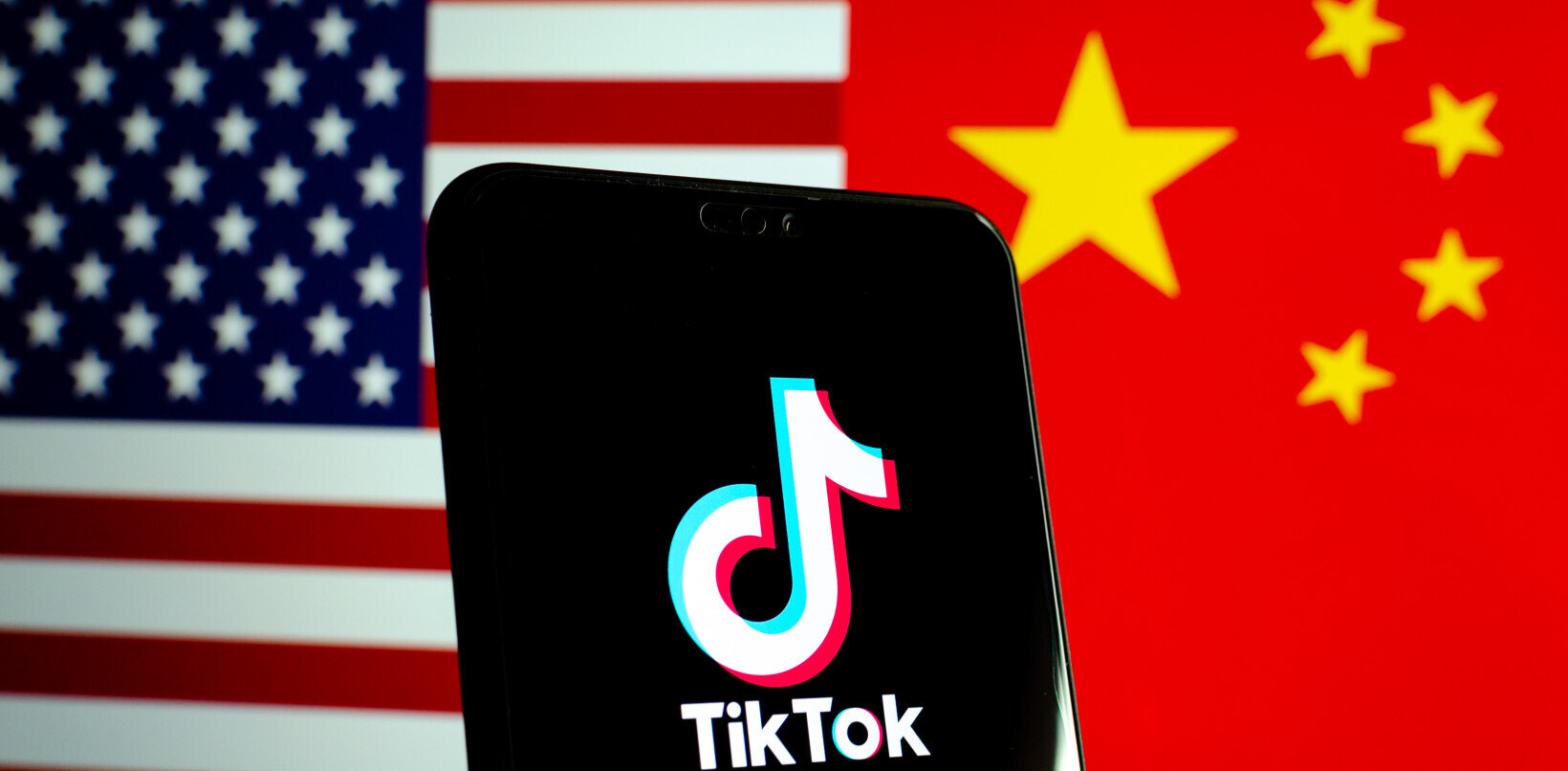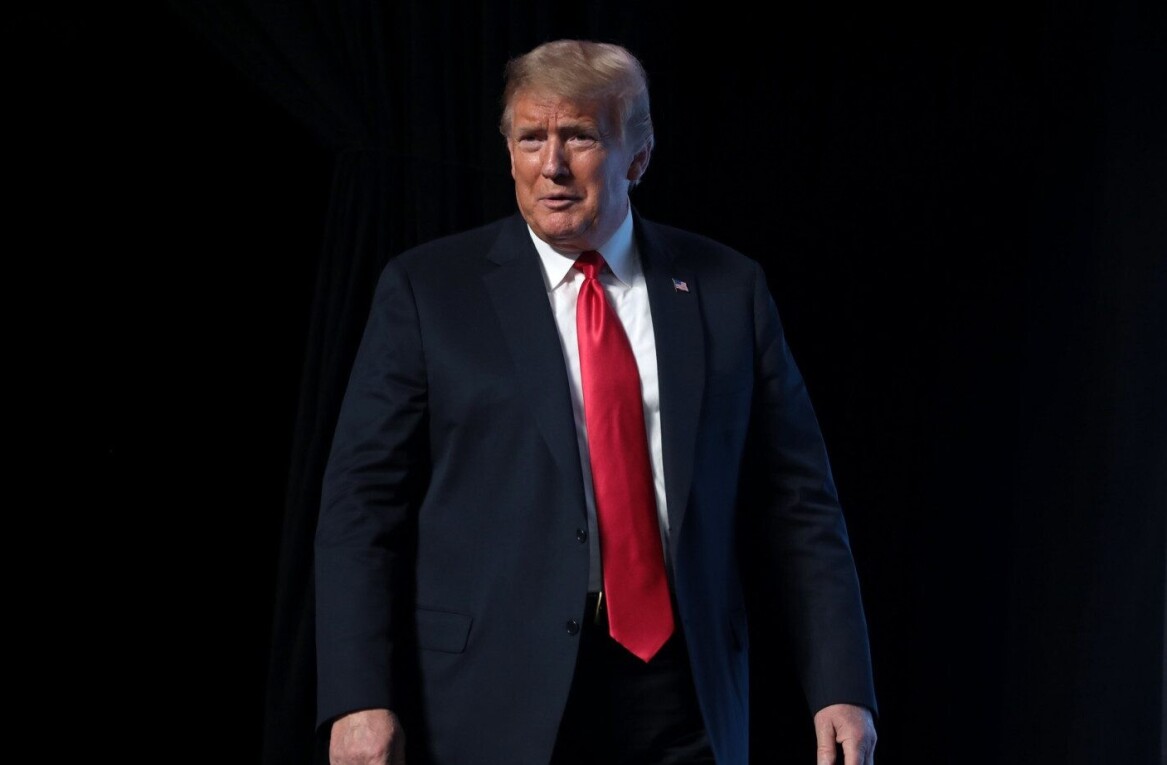
Americans who illegally download songs and movies will now receive warnings from US Internet service providers to stop, and non-compliance could result in throttled Internet speeds, reports NYTimes.
After years of negotiations with media and entertainment companies, some of the country’s largest Internet service providers, including AT&T, Comcast, and Verizon have agreed to a systematic approach to identifying customers suspected of digital copyright infringement and means to send them warnings.
True to the rumor we reported earlier, the new process entails issuing out a series of six warnings, with “progressively harsher consequences” if the initial cautions were ignored. The system is meant to be “educational,” and does not oblige Internet providers to shut down a repeat offender’s account.
The warnings escalate from simple e-mail notifications to, at levels 5 and 6, a set of “mitigation measures,” like reduced connection speeds or a block on Web browsing. As the alerts progress, a customer must acknowledge that he understands the notice. Customers will also have the opportunity to contest the complaint.
American media companies, which estimate that digital piracy costs the United States economy $16 billion in lost revenue each year, have been eager for an efficient way to deal with the problem.
The respective trade groups for the four major record companies and six top Hollywood film studios, the Recording Industry Association of America (RIAA) and Motion Picture Association of America (MPAA), have long been in negotiations with ISPs to act as an “Internet gatekeeper” in dealing with piracy. In addition, the White House was also instrumental in encouraging the parties to reach an agreement, the sources confirmed.
“This is a sensible approach to the problem of online content theft and, importantly, one that respects the privacy and rights of our subscribers,” Randal S. Milch, executive vice president and general counsel for Verizon, said in a statement.
Get the TNW newsletter
Get the most important tech news in your inbox each week.





